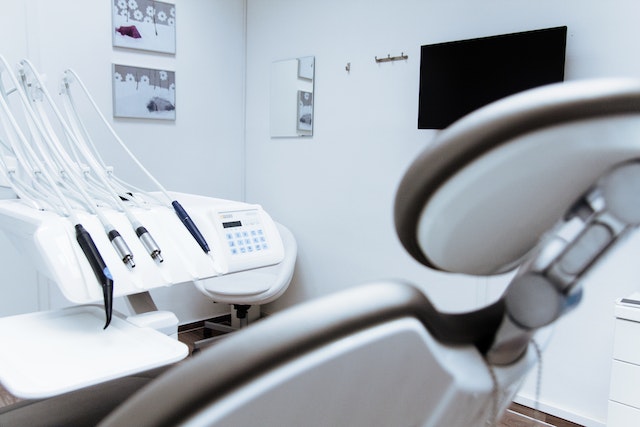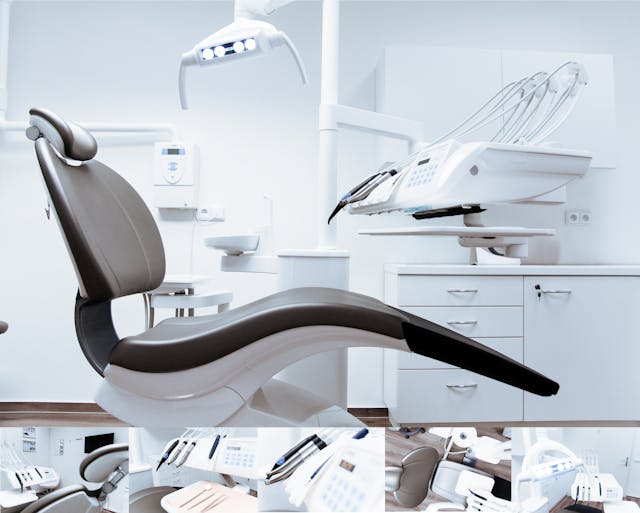The healthcare industry’s never-ending quest for continuous improvement have increased the need for faster, higher-quality, and more efficient service delivery. Unsurprisingly, a recent study shows that technologies like drones will be instrumental in promoting highly effective and efficient healthcare delivery in the US. Still undecided about why you should leverage technology for your healthcare enterprise? Here are five practical reasons to integrate technology into your healthcare processes to keep up with today’s ever-increasing industry demands.
- Improved efficiency
Integrating technology into healthcare has some serious perks, and improved efficiency is one of them. Digital tools like Electronic Health Records (EHRs) and telemedicine have streamlined the patient care process. EHRs, for instance, are a game-changer for healthcare providers who can now easily access patient data, track their progress, and share information with other providers. Similarly, telemedicine allows healthcare providers to connect with patients from afar and avoid those stressful and sometimes bothersome in-person visits for routine check-ups and follow-up visits.
- Cost reduction
Technology can do administrative tasks like scheduling appointments and managing medical records. This advancement enables your enterprise to integrate technology and reduce the need for manual labor, saving you time and money. Healthcare professionals can quickly access real-time data without the need to employ more hands and make better decisions to improve patient outcomes. It is mind-blowing to know that medical errors cost US healthcare providers an estimated $20 billion annually. Fortunately, technology can reduce the risk of medical errors, saving your enterprise from potentially costly legal disputes. With all these amazing benefits, healthcare providers can use tech to optimize their operations, save money, and give better care to their patients.
- Better resource allocation
Have you considered how integrating technology can enable you to improve your resource allocation? Digital tools like data analytics are helping healthcare practitioners to figure out which procedures and therapies are the most successful so they can allocate their resources better. For instance, data analytics are so powerful that they can assist in identifying patients who are more at risk of developing chronic diseases. This way, healthcare enterprises can efficiently allocate their resources. Meanwhile, innovative solutions like IT services for dental practices enable healthcare enterprises to deliver top-notch patient care by providing them with the latest technologies.
- Increase your reach
Healthcare marketing has become an unstoppable trend over the past few decades. Historically, it used to be a conservative and low-key affair, but now modern health care providers are pursuing more aggressive marketing techniques to attract more business and gain greater industry awareness. The internet is key for thriving in today’s healthcare sector, especially when 80% of people aged 65 search online for health information. You are missing out if you haven’t considered internet marketing already. The opportunities are endless with the internet’s broad and diversified consumer base. You can even use different technologies to adopt value-based content marketing and provide value-based service to your customers. It’s like a whole new world of marketing possibilities just opened up!
The above components are a few compelling reasons to integrate technology into your healthcare. Aside from assisting healthcare enterprises to improve efficiency, enhance the patient experience and outcomes, reduce costs, and improve resource allocation, embracing the right technology can enable you to remain competitive in today’s market.


